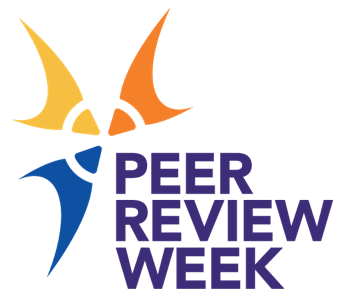Connecting mosaics of scholarly identity through metadata: The roles of publishers and service providers
Get the webinar recording sent directly to your inbox!

About the webinar:
Scholars' individual and collective identities are a composite of their various research activities and how they relate to the work of others. Like a mosaic, to get a full picture, all the pieces have to be connected. Online, machine-readable metadata is helping to make that possible by facilitating research discovery and linking — and in journal publishing that starts at peer review.
The metadata collected from authors during peer review, and how it flows and is enriched through the research ecosystem, informs scholars' identities and levels of representation across disciplines. This webinar panel explores the roles of publishers and service providers in fostering metadata linking to promote more discoverable, diverse, and connected scholarly identities, including:
- How publishers can improve metadata quality from collection at peer review through dissemination to discovery services
- Ways discovery services are facilitating metadata linking, helping to surface scholarly identities and collaboration opportunities
- The state of metadata interoperability between publishers and service providers and what's needed to keep moving forward
We're grateful to the following speakers for joining this webinar:

Neil Blair Christensen,
Director of Partnership Solutions
Research Square

Patricia Feeney,
Head of Metadata
Crossref

Annie Gering,
Publishing Editor
RTI Press

Shelley Stall,
Senior Director of Data Leadership
American Geophysical Union
Brought to you by Scholastica
Scholastica is a technology solutions provider with easy-to-integrate software and services for every aspect of publishing academic journals — from peer review to production to hosting and discovery support. Our mission is to empower scholarly organizations to make quality research available more efficiently and affordably in order to facilitate a sustainable research future. Over 1,000 journals across disciplines use Scholastica.